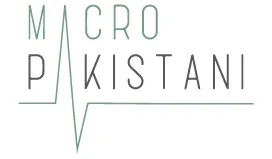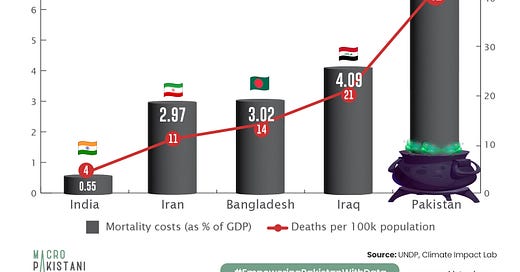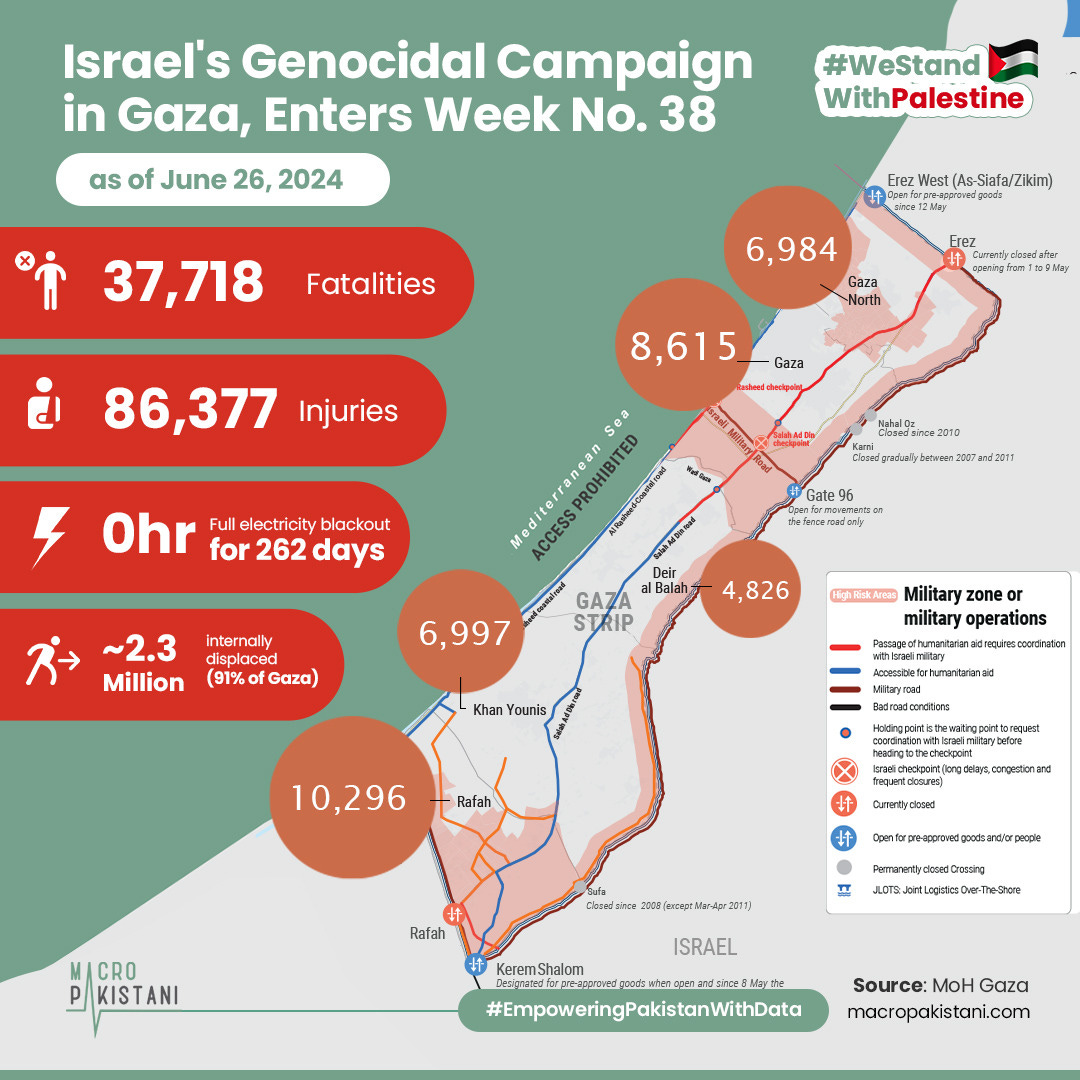Has Pakistan Reached Its Boiling Point?
In southern Pakistan, healthcare is burdened with thousands due to heatstroke amid soaring temperatures, with 200,000 potentially affected by an expected heavy monsoon season.

Pakistan’s frail healthcare system is faced with yet another ‘Herculean challenge’, heat-related casualties. The problem is global as between 2030 and 2050, climate change is anticipated to cause around 250,000 additional deaths annually due to undernutrition, malaria, diarrhoea, and heat stress. Developing countries are particularly affected by the health effects of climate change, as a study found that if Paris Agreement pledges are met, Faisalabad, Pakistan, could see 67 additional deaths per 100,000 people annually due to climate change. In contrast, Riyadh might see 35 extra deaths per 100,000 people, due to better access to electricity and healthcare. The disparities are clear, and Pakistan needs a solid plan to manage the travesty that will follow due to rising temperatures and climate events.
Will the death toll from heat waves in Karachi keep increasing, or are there any funded programs in place for mitigation?
The Budget 2024-25 for Pakistan includes various climate change measures, such as zero import duty on solar panel materials and an increased allocation of PKR 6.25 billion for the climate change division. However, the sufficiency of these measures is questionable, due to the lack of a carbon tax and detailed heatwave strategy. The budget also includes PKR 53 billion for climate adaptation projects and PKR 225 billion for mitigation efforts, along with initiatives like a Climate Finance and Data Dashboard. Despite these efforts, the financing for coal power plants contradicts the country's climate goals, and the PKR 4 billion allocation for e-bikes is seen as inadequate for reducing transport sector emissions.
The World Bank found that investing an average of 1.4% of GDP annually from 2022 to 2030 could reduce emissions in developing countries by up to 70% by 2050. However, lower-income countries would need 5-8% of their GDP annually for the same reduction during this period. Therefore, countries like Pakistan need both national strategies to combat climate change and a foreign policy aimed at securing climate reparations. So far, progress has been insufficient, leaving thousands of Pakistanis suffering from ongoing heatwaves.
GRAPHIC
Philippe Lazzarini, the Commissioner-General of the UN Relief and Works Agency for Palestine Refugees (UNRWA), disclosed that approximately 10 Palestinian children per day are suffering the loss of one or both legs. Lazzarini highlighted that the reported figure does not encompass the loss of arms and hands. He further elaborated that over 2,000 children have been affected by these amputations during the more than 260 days of ongoing genocide often under harrowing conditions and sometimes without anesthesia.
In case anyone wants to contribute (to the Palestine solidarity campaign on Macro Pakistani) and send data-backed content, please feel free to send an email to fakiha.rizvi@brandnib.com
Team Brand Nib (@brandnib)
In Pakistan, the gender gap in smartphone ownership is significant at 49%. Furthermore, 23% of female mobile internet users rely on someone else's mobile phone to get online.
Currently burdened by 118 regulatory bodies imposing costs exceeding 50% of GDP, Pakistan faces a substantial invisible tax on businesses. Addressing this through regulatory simplification could also enhance its global competitiveness, potentially improving the Doing Business ranking and attracting a 2% increase in foreign direct investment inflows.
Data Visualization & Marketing Partner: Brand Nib
Visit: https://macropakistani.com/advertise/
Grateful for the ever-growing list of collaborators!
About Us: Macro Pakistani is a data-driven research platform that aims to provide a basic understanding of Pakistan’s economy. If you have an interest in contemporary news but are currently overburdened with sensationalism and specialized vocabulary, we are the platform for you.
How are we doing? Please send us any questions, comments or suggestions by replying to this email.





